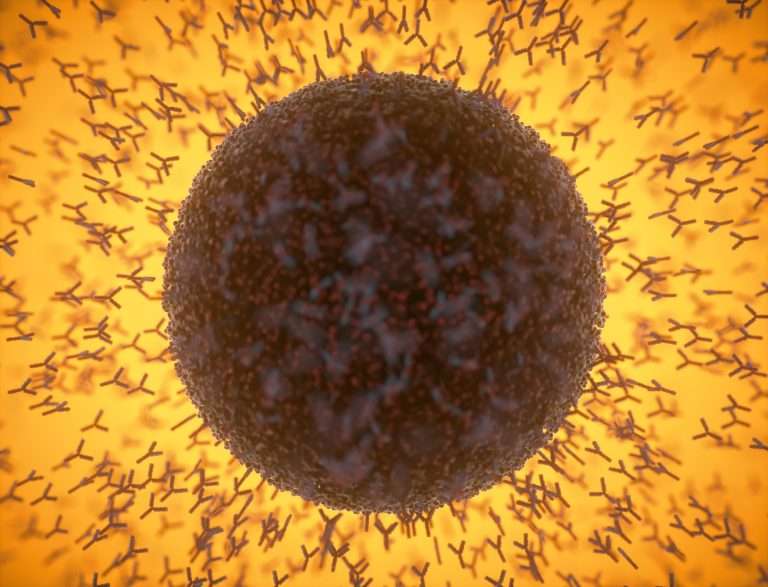
Research shows that T-cell responses derived from immune system memory against ‘common cold’ coronaviruses enhances SARS-CoV-2 immune responses after infection and after vaccination with the Pfizer-BioNTech COVID-19 vaccine.
The role of pre-existing immunity, specifically pre-existing T cells, in the course of a SARS-CoV-2 infection, remains unclear. This new work adds clarity to this intensely debated area.
As well as showing the impact of previous infection with other coronaviruses, it also shows that the CD4+ T cells are ubiquitous, but decrease with age. These findings, published in Science, may help explain why the elderly have more severe clinical outcomes from SARS-CoV-2 infection.
Because SARS-CoV-2 emerged only last year, an assumption can be made that humans are immunologically naive to the virus. However, SARS-CoV-2 is closely related to other coronaviruses that commonly infect humans. Over the past year, evidence has accumulated that there is both cellular (T cell) and humoral (B cell) cross-reactivity to SARS-CoV-2—although the role of cross-reactive immunity in SARS-CoV-2 infection remains unclear. That said, a protective role can be suggested by the finding that a recent infection with a coronavirus is associated with less severe COVID-19. A better understanding, the authors write, of the extent and impact of cross-immunity in SARS-CoV-2 infection and vaccination is needed, as cognate cross-immunity may influence the efficacy of vaccination regimens.
The current work, led by Lucie Loyal, a graduate student in the lab of Andreas Thiel, PhD, group leader at the Berlin Institute of Health in Germany, investigated the functional role of pre-existing CD4+ T cells that are reactive to coronaviruses. In addition, they analyzed the responses of CD4+ T cells to SARS-CoV-2 antigens in people who had not been exposed to the SARS-CoV-2 virus, as well as in people who had recovered from SARS-CoV-2 infection and people vaccinated with the Pfizer-BioNTech COVID-19 vaccine.
The researchers identified a peptide (S816-830) in the SARS-CoV-2 spike protein that CD4+ T cells in all groups—even those unexposed to SARS-CoV-2—recognized. The S816-830 protein was recognized by CD4+ T cells in 20% of unexposed individuals, in over 50% of SARS-CoV-2 convalescents, and in 97% of subjects treated with the Pfizer-BioNTech COVID-19 vaccine.
The results show that cross-reactive T cells enhance SARS-CoV-2 immune responses upon infection and vaccination, the authors said. Notably, these coronavirus-reactive T cells decreased with age in the subjects studied. In addition, the results show that cross-reactive immunity may account for the unexpectedly rapid induction of immunity following primary SARS-CoV-2 immunization and the high rate of asymptomatic/mild COVID-19 disease courses.
The findings add to the discussion around single-dose vaccination of healthy adults and multiple-dose vaccination for the elderly, noted the authors. Enhancing the immune response to S816-830 should be a focus of future studies, they added.













